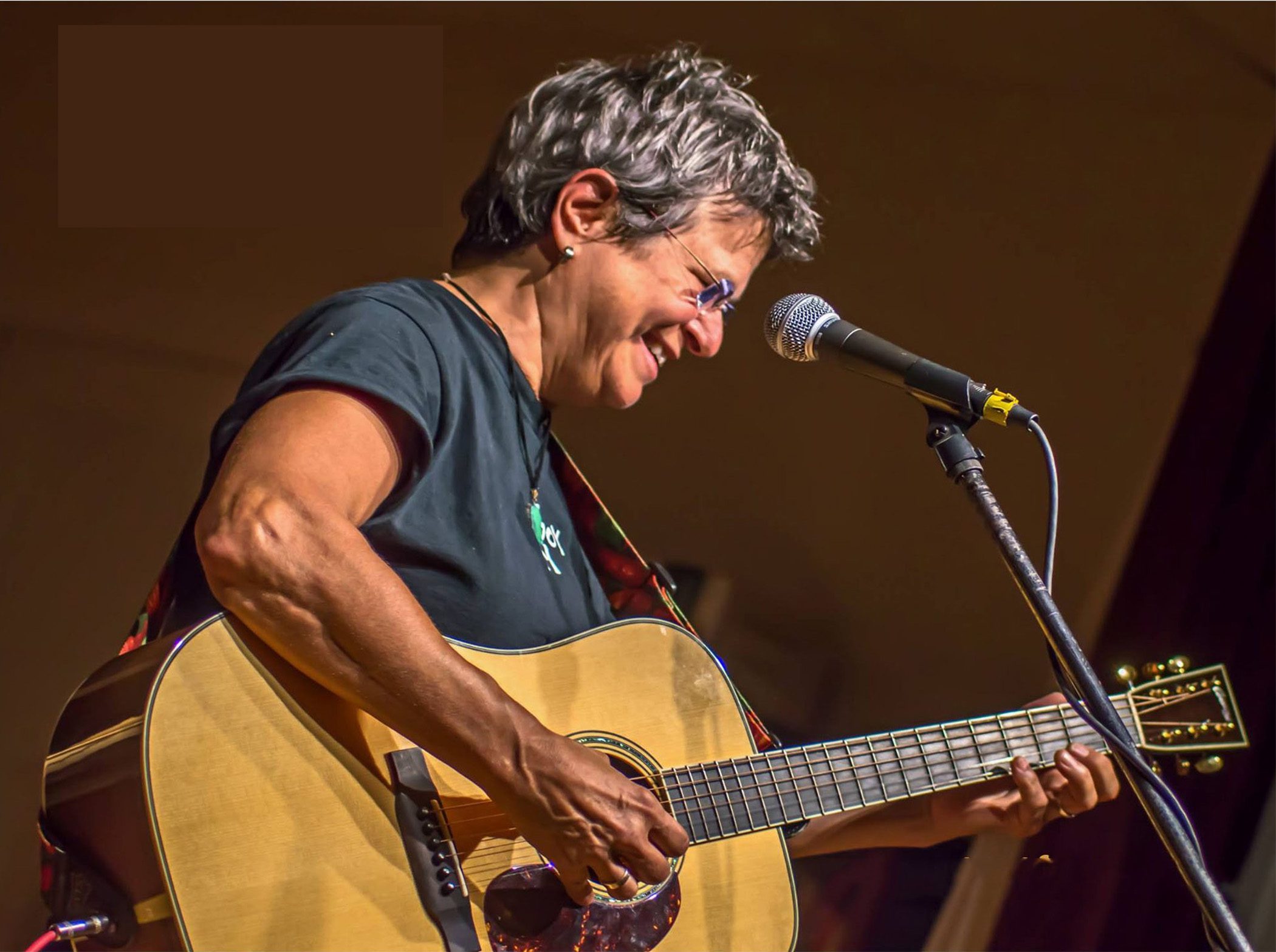Leaders of the Writers Guild of America were continuing Tuesday to mull over proposals offered by Hollywood studios ahead of another negotiating session, but union members were still picketing, including a march outside the “Jeopardy!” studio in Culver City.
According to the WGA, writers and “past contestants” were taking part in the Culver City picket to protest the game show “which began filming today with recycled questions.”
A report by the online entertainment news site Polygon earlier this month indicated that the show invited some previous contestants to take part in a “Second Chance” tournament. At least one of those contestants told Polygon that while the offer was an long-awaited opportunity, it would also force them to cross the WGA picket line.
According to Polygon, “Jeopardy!” showrunner Michael Davies said on a recent podcast that the show plans to use “a combination of material that our WGA writers wrote before the strike, which is still in the database, and material that is being redeployed from multiple, multiple seasons of the show.”
It was unclear when WGA negotiators plan to meet again with leaders of the Alliance of Motion Picture and Television Producers — which represents Hollywood studios in the labor talks. The WGA has been striking since May 2, and the two sides met last Friday for their first negotiating session since the walkout began.
After that meeting, WGA negotiators told union members that the studios had provided counterproposals to some of the union’s demands, although no details were released. Bloomberg reported Monday that the studios’ offer included an agreement that only humans would be credited as writers on screenplays, not artificial intelligence bots — a move toward a union effort to ensure AI does not undercut writers’ compensation or credit.
According to Bloomberg, the studios also offered to share more detailed viewership information for streaming programs, such as the number of hours each program is viewed to determine their popularity. The union has been pushing for increased compensation for more popular programming, but the studio offer is not believed to include any salary or residual increases based on viewership.
Variety reported that the studio’s offer included a proposal to give showrunners more authority to determine the number of writers on particular programs, while factoring in the size of the show’s overall budget. The guild has been pushing for protection of writers’ rooms, ensuring set numbers of writers on each production.
In a statement Friday after the negotiating session, the WGA said its negotiators “will evaluate their offer and, after deliberation, go back to them with the WGA’s response next week.”
No specifics were released about when talks would resume.
The committee urged WGA members in the meantime to continue their presence on picket lines, along with members of the striking SAG-AFTRA actors’ union.
Friday’s resumption of talks was the first glimmer of hope in three months of a possible break in the labor stalemate that has essentially shut down production and brought the entertainment industry to a halt.
There was no official statement from the AMPTP about Friday’s talks.
Last Wednesday, the WGA marked the 100th day of its strike — matching the duration of the union’s last walkout in 2007-08.
The last WGA strike, which lasted from November 2007 to February 2008, was estimated to have cost the local economy between $2 billion and $3 billion.
The impact of the current walkout is expected to be far worse, with the WGA now joined by actors on the picket lines for the first double-barreled strike to hit Hollywood in 63 years. The SAG-AFTRA actors union went on strike July 14.
The WGA is pushing for improvements on a variety of fronts, notably for higher residual pay for streaming programs that have larger viewership, rather than the existing model that pays a standard rate regardless of a show’s success.
The union is also calling for industry standards on the number of writers assigned to each show, increases in foreign streaming residuals and regulations preventing the use of artificial intelligence technology to write or rewrite any literary material.
The AMPTP has pushed back against some of the WGA’s demands, particularly around its calls for mandatory staffing and employment guarantees on programs. AMPTP has also pushed back against WGA demands around streaming residuals, saying the guild’s offer would increase rates by 200%.
The studios have generally said they want the WGA and SAG-AFTRA to agree to similar terms already approved by the Directors Guild of America, which includes a roughly 12.5% salary increase and an estimated 21% jump in streaming residuals, along with assurances that artificial intelligence will not supplant the duties of human beings.







